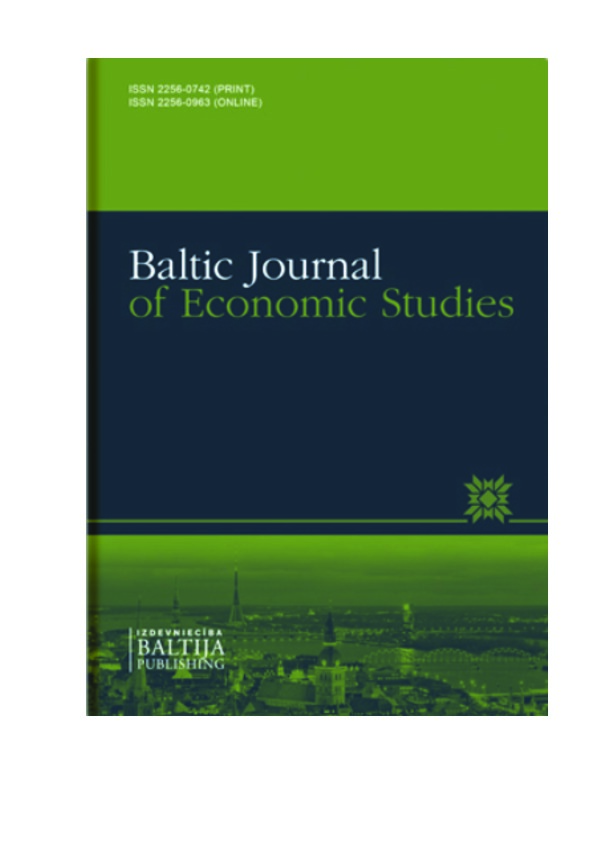id: 38835
Title: The impact of digital innovations on the development of agricultural businesses
Authors: Tomashuk I., Koliadenko S., Burdіak М.
Keywords: digitalisation, agricultural enterprises, innovative development, digital technologies, innovations, competitiveness, management, digital economy, agro-industrial sector
Date of publication: 2025-04-28 08:34:54
Last changes: 2025-04-28 08:34:54
Year of publication: 2025
Summary: The purpose of this article is to study the impact of digitalization on the innovative development of agricultural enterprises, identify key technologies that increase efficiency and competitiveness, analyze the global experience of implementing digital solutions, and develop practical recommendations for using digital technologies as a driver of innovative growth in the agricultural sector of Ukraine. Methodology. In order to achieve the research objective and accomplish the defined tasks, a comprehensive approach has been employed, incorporating the following methods: analysis, synthesis, systematisation and classification, induction and deduction, and others. The findings of the study suggest that the integration of digital technologies has the potential to optimise production processes, enhance labour productivity, and reduce costs. Specifically, technologies such as precision farming, drone usage for field monitoring, automated irrigation systems, and robotic harvesting have been shown to significantly enhance operational efficiency. The analysis indicates that the adoption of digital solutions enables agricultural enterprises to achieve cost reductions of 10-20%, increase crop yields by 15-25% through enhanced resource management, and reduce post-harvest storage losses by 5-10%. The primary obstacles hindering the integration of digital innovations encompass the substantial expense associated with adopting sophisticated technologies, inadequate digital literacy among personnel, the absence of adequate infrastructure in rural regions, and constrained access to financial resources. The study`s results are presented in the form of tables, figures, graphs, diagrams, and charts. Practical implications. The implementation of digital technologies enables agricultural enterprise managers to obtain precise, real-time data on production conditions. Consequently, this facilitates informed decision-making processes, leads to a reduction in production costs, and optimises resource utilisation. Value/Оriginality. Digitalisation has been demonstrated to enhance the resilience of enterprises to market challenges, thereby facilitating improvements in productivity and revenue generation. The digitalisation of the agricultural sector has the potential to generate new investment and grant opportunities. The present study contributes to the development of digital literacy and the enhancement of professional qualifications among workers in the agricultural sector. The use of digital innovations improves the stability and efficiency of production, which is crucial for ensuring the supply of quality products to the population. Digitalisation also creates new employment opportunities in rural areas, helping to reduce labour migration. Digital solutions also help to minimise environmental damage. Digitalisation of the agricultural sector is a key component of Ukraine`s sustainable economic development strategy.
URI: http://www.vsau.vin.ua/repository/getfile.php/38835.pdf
Publication type: Статті Web of Science
Publication: Baltic Journal of Economic Studies. 2025. Vol. 11. №1. Р. 361-375. DOI: https://doi.org/10.30525/2256-0742/2025-11-1-361-375
In the collections :
Published by: Адміністратор
File : 38835.pdf Size : 2206726 byte Format : Adobe PDF Access : For all

| |
|
|